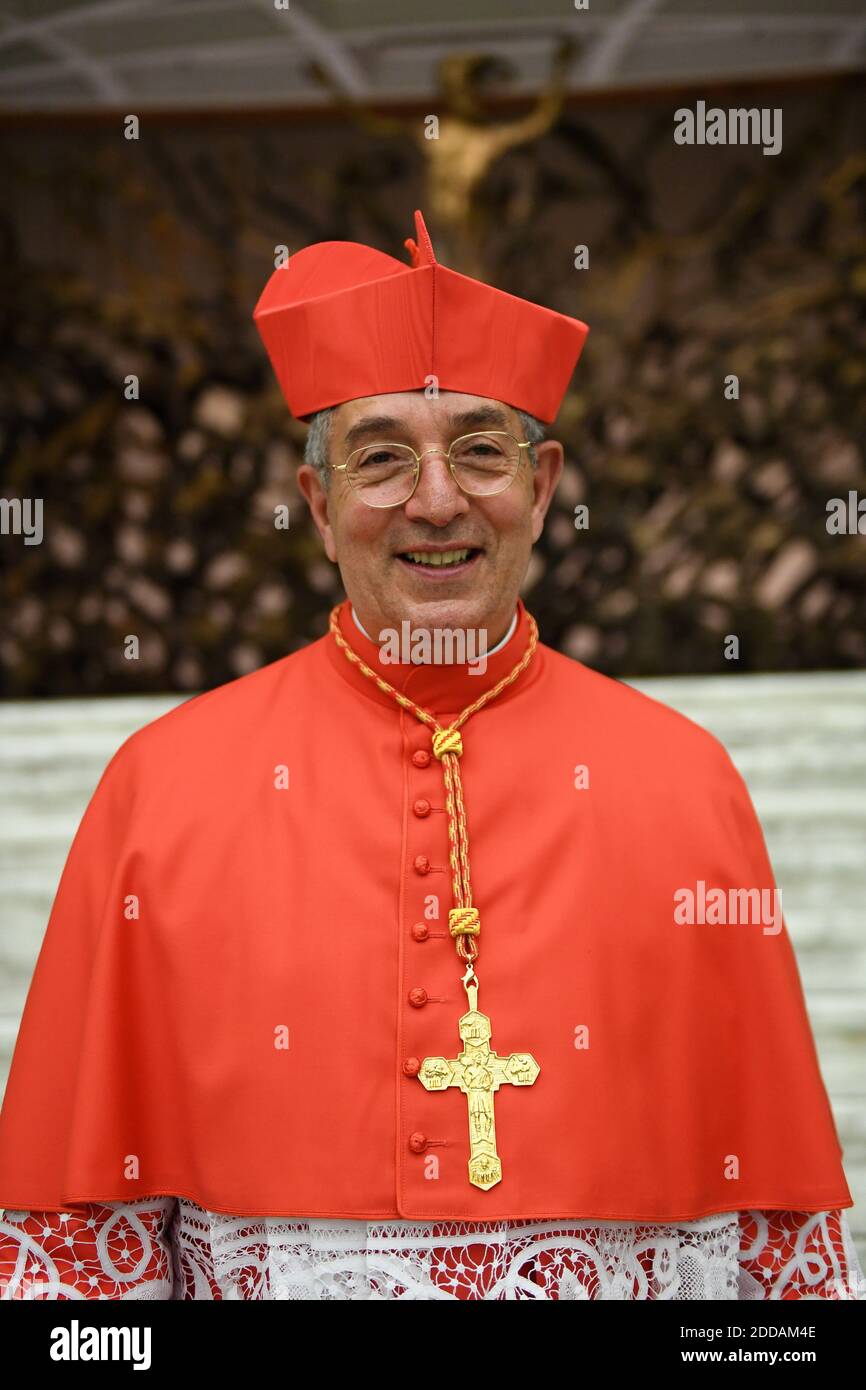Meet the Cardinals Appointed by Pope Francis: Shaping the Future of the Catholic Church. In an era marked by profound changes within the Catholic Church, Pope Francis has taken bold steps to redefine the College of Cardinals. Through his appointments, he has emphasized inclusivity and diversity, bringing in voices from regions that were previously underrepresented.
Pope Francis' approach to appointing cardinals reflects his vision for a more global and inclusive church. By selecting individuals from various corners of the world, he ensures that the perspectives of different cultures and communities are represented in the highest echelons of the Church's leadership. This strategic move not only reshapes the demographics of the College of Cardinals but also influences the direction the Church will take in the future.
Pope Francis has appointed cardinals from 25 countries that had never before had one. Among these appointments is Chibly Langlois, who became the first cardinal from Haiti. This expansion into new territories signifies a shift in the traditional power dynamics within the Church. By broadening the geographical representation, Pope Francis aims to ensure that the election of his successor considers diverse viewpoints and experiences, reflecting the global nature of the Catholic faith.
Global Representation in the College of Cardinals
Francis has made three Argentines cardinals, including two in this consistory: Archbishop Victor Fernández of the DDF and Archbishop Ángel Rossi. These appointments highlight the increasing diversity within the College of Cardinals. The inclusion of cardinals from various regions underscores Pope Francis' commitment to representing the global Catholic community. By doing so, he ensures that the decision-making body of the Church reflects a wide array of cultural and theological perspectives.
The growing number of cardinals from different parts of the world indicates a significant shift in the composition of the College. Traditionally dominated by European members, the College now includes representatives from Latin America, Africa, Asia, and Oceania. This change is crucial as it allows for a more comprehensive understanding of the challenges and opportunities facing the Church worldwide.
As the Church continues to evolve, the diverse backgrounds of the cardinals contribute to a richer dialogue on issues such as social justice, poverty, and environmental stewardship. This inclusivity strengthens the Church's ability to address the needs of its global congregation effectively.
A New Era in Papal Elections
As cardinals prepare to elect Pope Francis' successor, several names are being considered as potential candidates. The process of choosing a new pope is complex and unpredictable, influenced by various factors, including the political climate and the theological priorities of the cardinals. Understanding the dynamics within the College of Cardinals is essential to predicting the outcome of the election.
Some cardinals have been considered candidates for the papacy since the 2013 conclave in which Francis was elected. Their longstanding involvement in Church affairs and their alignment with Francis' vision make them strong contenders. However, the unpredictability of the conclave means that any cardinal could emerge as the next pope, depending on the consensus reached during the voting process.
The election of a new pope is a pivotal moment for the Catholic Church, as it sets the tone for the future direction of the institution. The cardinals' choices will reflect their collective judgment on the Church's priorities and challenges, ensuring continuity or potentially ushering in a new era of reform and innovation.
Transforming the Leadership Landscape
Since his election in 2013, Pope Francis has created 142 cardinals from 70 countries at nine consistories. This extensive appointment process highlights his dedication to transforming the leadership landscape of the Catholic Church. By appointing cardinals from diverse backgrounds, Francis ensures that the Church remains responsive to the needs of its global membership.
The most recent consistory to create new cardinals further solidifies Francis' legacy of promoting inclusivity and diversity. His selections often bypass traditional archdioceses in favor of individuals from smaller or less prominent dioceses, emphasizing his pastoral orientation and concern for marginalized communities. This approach aligns with his broader mission to prioritize the welfare of the poor and vulnerable.
By appointing approximately 80 percent of the cardinals eligible to vote in the upcoming papal election, Pope Francis has significantly influenced the composition of the College of Cardinals. His deliberate choices reflect a desire to steer the Church towards a more compassionate and inclusive future, where the voices of all Catholics, regardless of their geographic location, are heard and valued.

